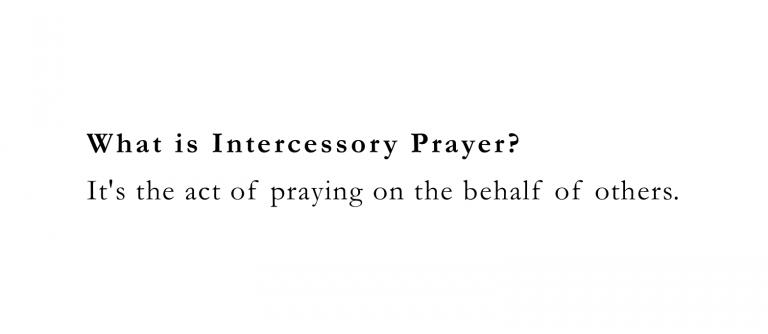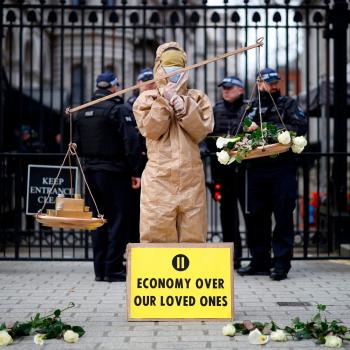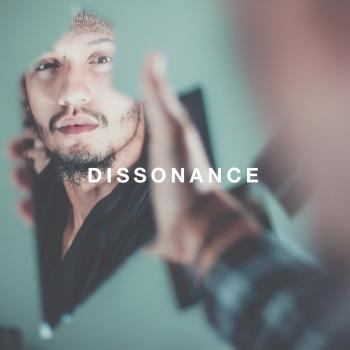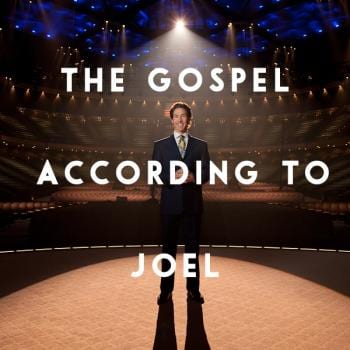The Brief Rundown of This Particular Research:
It was expensive (2.4 million); it was carried out by Harvard researchers; it was supported by the Templeton Foundation; there were 1,802 patients monitored by researchers; these patients were at six hospitals who received coronary bypass surgery, in which doctors reroute circulation around a clogged vein or artery; lastly, it’s said to be one of the largest studies on intercessory prayer being conducted from the 2006 STEP project.

The patients were broken into three groups:
- Group One: Knew they were being prayed for.
- Goup Two: Did not know they were being prayed for.
- Group Three: Were told that they may or may not receive prayers.
The NY Times states that “Two of these groups were prayed for; the third was not. Half the patients who received the prayers were told that they were being prayed for; half were told that they might or might not receive prayers.”
And again, the people praying were members of only three congregations within our U.S. context (in case you were wondering: St. Paul’s Monastery in St. Paul; the Community of Teresian Carmelites in Worcester, Mass.; and Silent Unity, a Missouri prayer ministry near Kansas City).
They were told “to deliver the prayers, using the patients’ first names and the first initials of their last names… The congregations were told that they could pray in their own ways, but they were instructed to include the phrase, ‘for a successful surgery with a quick, healthy recovery and no complications.’”
The Two Points that Stood Out the Most Were the Following:
One.
The Study Suggests Prayer to be Detrimental
Oddly enough, the patients who knew they were receiving prayers did experience “higher recovery complications.”
As the Times goes on to say that, “In another of the study’s findings, a significantly higher number of the patients who knew that they were being prayed for — 59 percent — suffered complications, compared with 51 percent of those who were uncertain.” Whereas, in contrast, only 18% within the “uninformed prayer group” suffered complications.
Those interpreting this research suggest that it was “performance anxiety” resulting from the knowledge that others were praying for their healing and recovery; which, as we know, when dealing with the human heart anxiety and stress can have major, if not fatal effects.
But, it brings to light the question of sincerity; that is, whether or not this researched form of prayer was disingenuous. Because, how can we objectively measure levels of felt sincerity?
Speaking of nuance…
Two.
Interpretators of the Study Say that it’s Conclusively Nuanced
But, of course… It seems as if this study has all too conveniently been littered with nuance. Wikipedia cites that, “Recent medical studies on prayer have generally shown mixed results when it comes to healing from illnesses.[5] As, one of the authors, Dr. Fred Rosner, of this study emphasized that this research “did not say anything about the power of prayer itself.[5]”… Researchers alike “have expressed doubt that prayer could ever be subject to empirical analysis.[6][5]”
There’s no doubt that religion is powerful even my acknowledging religious institutions as powerful is a reductionistic understatement… I’m highlighting this fact because if only but a small sect of Christianity (i.e. evangelicalism) can control the vote in the most powerfully militantly-powerful country in the world how might we imagine research being biasedly-impacted when one or two of these religious institutions combine their resources…?
So, while I don’t believe the research process was tampered with by the STEP project, I do empathize with those who find that it’s tough to believe any arguments, having to do with nuance, when discussing the objectivity of prayers efficacy.
And, again in attempt to see the other side (i.e. from a Christian perspective – as that’s the context I’m most familiar with), when we use Bible verses such as Deuteronomy 6:16 that says, “You shall not put the Lord your God to the test,“ in order to question whether the efficacy of prayer can be reliably measured… we can always combat that with another verse that’s conflictual or contrasting (e.g. Judges 6:40 on “fleecing”).
And, lastly what stood out was the unsurprising conclusion…
So, Is Prayer Effective?
It’s no surprise, researchers “found no significant differences in patients recovering from heart surgery whether the patients were prayed for or not.”
It’s valid, in my own opinion, to question how we could know someone isn’t being prayed for… for example, did the researchers take into account whether or not nurses, doctors, technicians and/or in houses clergy alike were praying?
Which, lends validity to the nuance provided by the aforementioned people.
But, again, this was research done specifically having to do with “intercessory prayer.”
I’m curious about the positive affects/effects prayer has when not solely limited to intercessory.
[1] If interested in learning more about this study you can read more here, Full study titled: Prayer and healing: A medical and scientific perspective on randomized controlled trials
[2] The NY Times, Long-Awaited Medical Study Questions the Power of Prayer
[3] Banner image from Amaury Gutierrez












